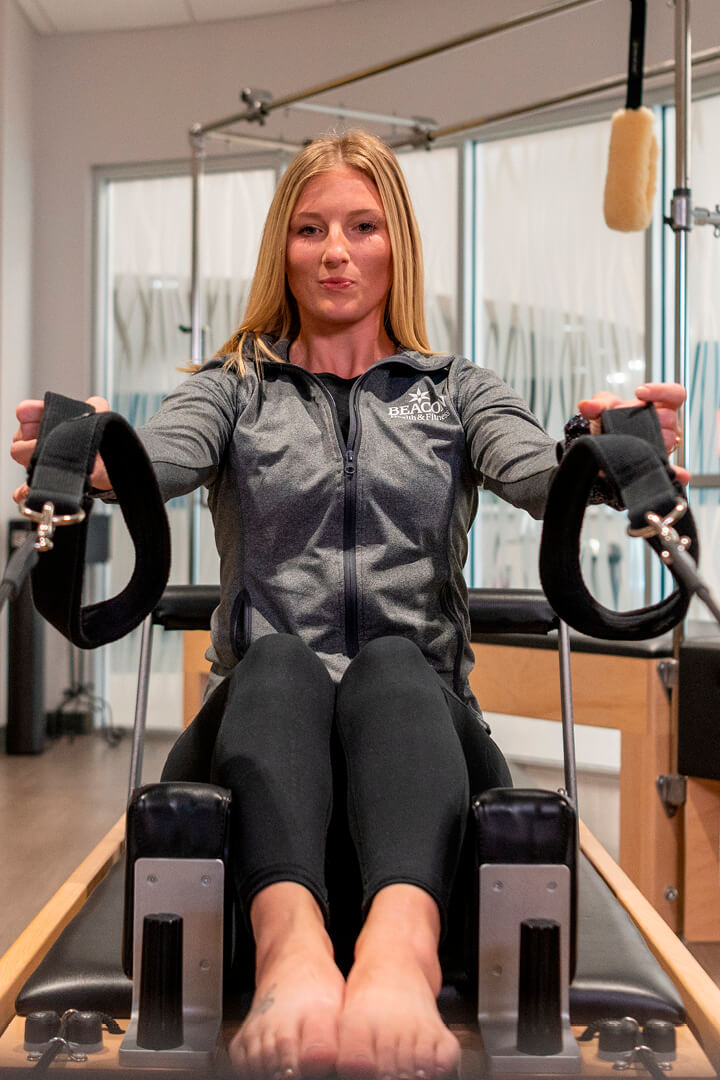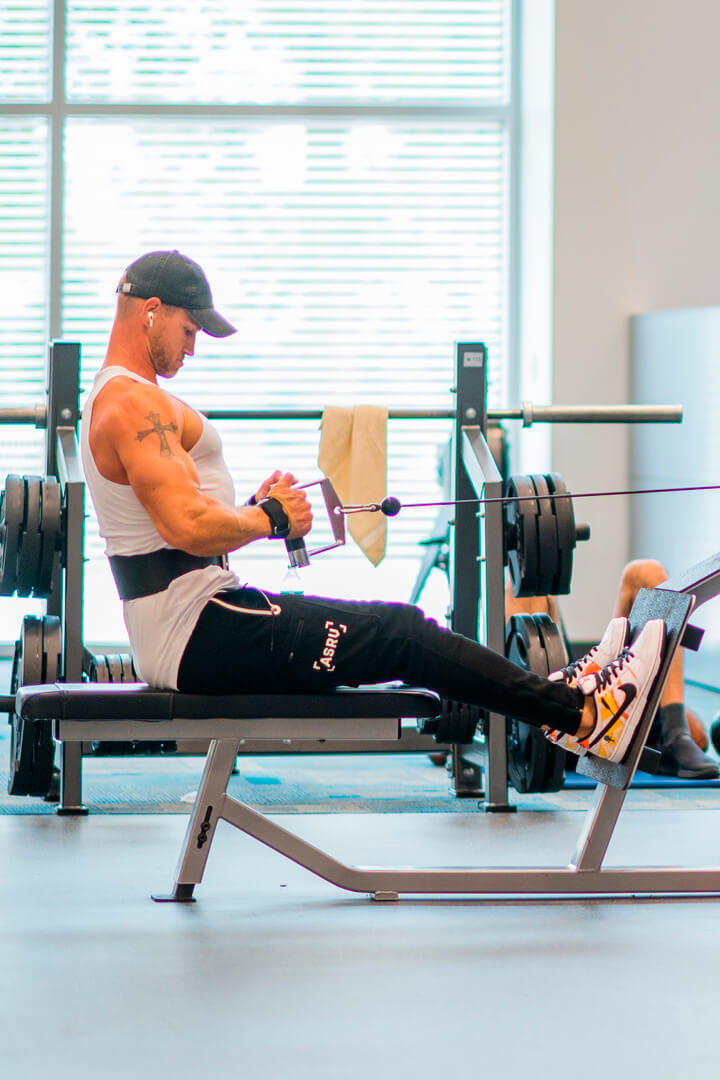[vc_row css_animation=”” row_type=”row” use_row_as_full_screen_section=”no” type=”full_width” angled_section=”no” text_align=”left” background_image_as_pattern=”without_pattern”][vc_column][vc_column_text]Sickle cell trait (SCT) is a blood disorder that can be harmful to physically active individuals. SCT occurs when an individual inherits one normal hemoglobin gene and one sickle hemoglobin gene. The sickle cell gene causes the body to produce abnormal hemoglobin, resulting in red blood cells changing from round to crescent shape, known as sickling. The sickled cells cause blockage in blood vessels and disrupt proper blood flow. Improper blood flow results in the muscles not receiving an adequate amount of blood and can lead to a medical emergency such as, sickling collapse. Individuals with SCT can stay active and healthy by following these guidelines:
- Utilize a pace-progression training program with longer periods of rest between repetitions
- Avoid performance tests such as mile runs, serial sprints, etc.
- Set their own pace
- Adjust work-rest cycles to accommodate environmental factors such as heat or change in altitude
- Stop activity at the onset of symptoms
Sickling can begin with 2-3 minutes of physical exertion and can reach a dangerous level quickly if the individual doesn’t modify their activity. Not all individuals with SCT will present with the same symptoms, so it is important to know and watch for the following signs:
- Individual is unable to catch their breath
- Muscles feeling weak, causing the individual to slump to the ground
- Unlike heat cramping, muscles will not visibly twinge or spasm. They will feel normal to the touch
- Pain, tenderness, and swelling
- Core temperature isn’t greatly elevated
It is also important to be cautious of factors that can increase a SCT individual’s vulnerability to collapse: heat, dehydration, altitude, and asthma. If an individual with SCT feels like they can’t continue on with activity, it is very important for them to rest. The rest will allow the sickled red blood cells to regain oxygen and the majority of them will return to their normal shape. With this change, the individual will begin to feel better and be able to return to activity.
For information on sickle cell trait testing, contact your primary care physician.
Article by Katelyn Patberg[/vc_column_text][/vc_column][/vc_row]





